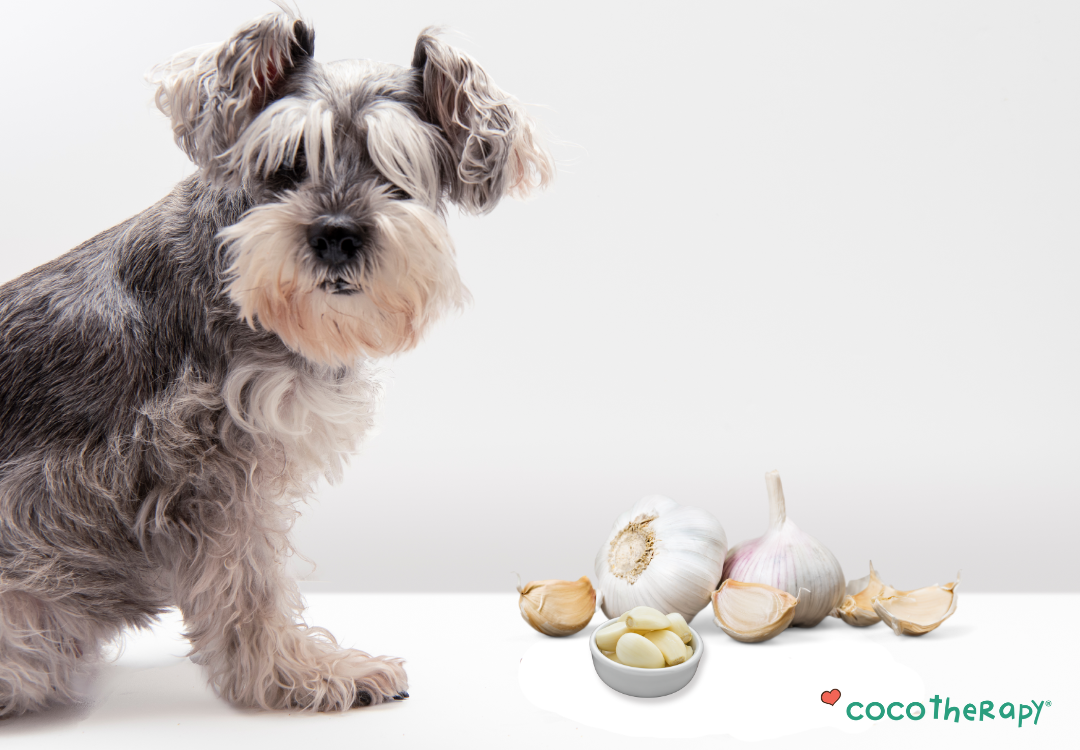You’ve probably heard of people putting coconut oil in their coffee, on their skin, and just about everywhere else. But what about your cat? While it might sound like a wellness trend gone too far, coconut oil can actually offer real benefits for our feline friends when used in the right way.
Thanks to its high concentration of medium-chain triglycerides (MCTs), especially lauric acid, coconut oil is easy to digest and supports everything from skin health to energy levels. That’s why more holistic vets and savvy pet parents are recommending it as a gentle way to help cats feel their best.
If your cat’s been dealing with any of the signs below, coconut oil might just be the missing piece in their wellness routine.

1) Your Cat Has Dry, Flaky Skin or a Dull Coat
Cats might act like royalty, but that doesn't mean they’re immune to dandruff. Things like dry indoor air, allergies, or a lack of fatty acids in the diet can leave your cat’s coat looking rough instead of regal.
Coconut oil helps moisturize the skin from the inside out. A small amount added to food can support healthy skin cell turnover and help bring back that soft, shiny coat you love to pet.
Applying coconut oil to your cat's skin is a great way to soothe dry patches and flakiness, but be ready for some post-application grooming. Many cats simply can’t resist licking it off!
2) Hairballs Are a Frequent Problem
Hairballs are one of those “normal but not ideal” cat behaviors. But if they’re happening all the time, it may signal that your cat’s digestion could use a hand.
Coconut oil works as a natural lubricant. It helps ingested fur move smoothly through the digestive tract. It may not eliminate hairballs entirely (sorry, there’s no magic potion for that), but it can reduce the frequency and make them easier to pass.
3) They Often Have Digestive Issues
Some cats have sensitive stomachs and react badly to new foods or changes in their routine. If your cat often vomits or has unpredictable litter box habits, coconut oil could be a gentler, easier-to-digest fat source.
Unlike long-chain fats that require a lot of processing, MCTs are absorbed directly into the bloodstream through the portal vein. This makes coconut oil a good option for cats with mild fat sensitivity or metabolic challenges.
In addition, coconut oil helps regulate gut bacteria and reduce inflammation, supporting a calm, balanced digestive system.
4) Your Cat Is Underweight or Has a Poor Appetite
If your furry friend has lost weight, isn’t finishing meals, or seems bored with their usual food, coconut oil can help.
It's calorie-dense, providing about 40 calories per teaspoon, making it a quick source of energy without straining the digestive system. Many cats are also attracted to its mild, coconutty scent and taste, and a small drizzle over their food can spark curiosity and encourage a few extra bites.
Bonus tip: For ultra-picky cats, try mixing coconut oil with tuna water or low-sodium broth. Just don’t be surprised if they suddenly expect this level of service at every meal!
5) They’re Slowing Down with Age
If your older cat seems more lethargic, forgetful, or less interactive, the MCTs in coconut oil might be just the thing to give their brain and body a gentle push.
MCTs are converted into ketones, providing an efficient energy source for both the body and brain. Coconut oil can support cognitive function and boost stamina, particularly in senior cats that might not be as active as they once were.

6) You're Seeing Chin Acne or Minor Skin Issues
Cat acne is more common than you might think. Dirty food bowls, excess oil production, and stress can all lead to blackheads or inflamed skin, especially around the chin.
Coconut oil contains lauric acid, a natural antimicrobial agent that can help reduce bacteria on the skin’s surface. Dabbing a small amount onto the affected area with a clean finger or cotton swab can help soothe irritation and support healing.
It’s also helpful for small cuts, flaky noses, and dry paw pads. Just remember, a little goes a long way.
7) They Need Immune System Support
Cats don’t always show when they’re under the weather. If your kitty gets frequent infections, sniffles, or just seems “off,” their immune system may need some reinforcement.
Lauric acid and other MCTs support the gut microbiome, which plays a key role in immune health. Coconut oil’s natural antifungal and antibacterial properties can also help protect your cat from environmental stressors.
This is especially helpful for cats dealing with food sensitivities, allergies, or recovering from illness. Coconut oil isn't a cure-all, but it can be a useful tool in your cat's care routine.
Could Coconut Oil Be the Boost Your Cat Needs?
Coconut oil can be a simple, effective way to support your cat’s overall health. If you’re noticing issues like hairballs, dry skin, or low energy, it could be just the boost your kitty needs.
Start with a small amount, about 1/8 to 1/4 teaspoon daily, and gradually increase if your cat tolerates it well. For topical use, apply a tiny dab to dry or irritated areas and distract your cat while it absorbs.
And remember, quality matters. CocoTherapy Organic Virgin Coconut Oil is cold-pressed, unrefined, and specifically made with pets in mind. No additives, no low-quality fillers. Just clean, nourishing oil trusted by holistic vets and pet parents.
Want to learn more before adding it to your cat’s routine? Check out our full guide: Is Coconut Oil Safe and Healthy for Cats in 2025?
You’ll get a full breakdown of how coconut oil works in your cat’s body, what makes MCTs different, how to use coconut oil safely, and what holistic vets recommend. It also covers dosage, product quality tips, and how to spot when your cat might benefit most.



